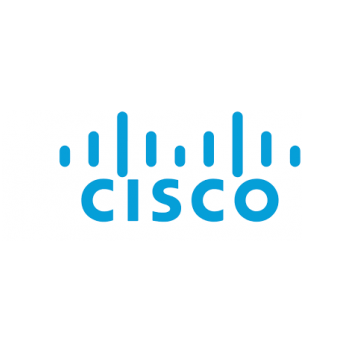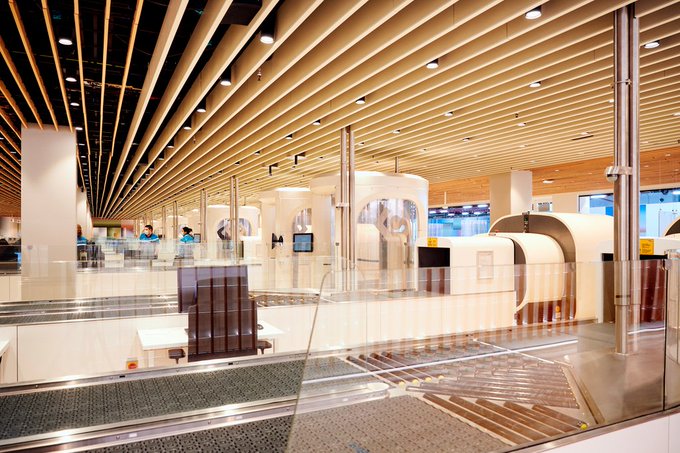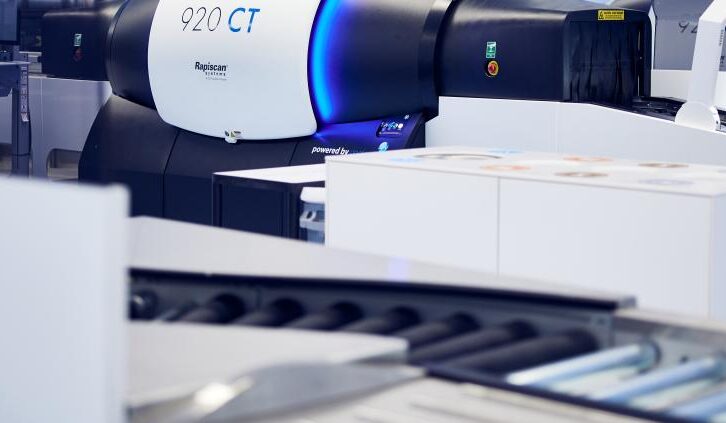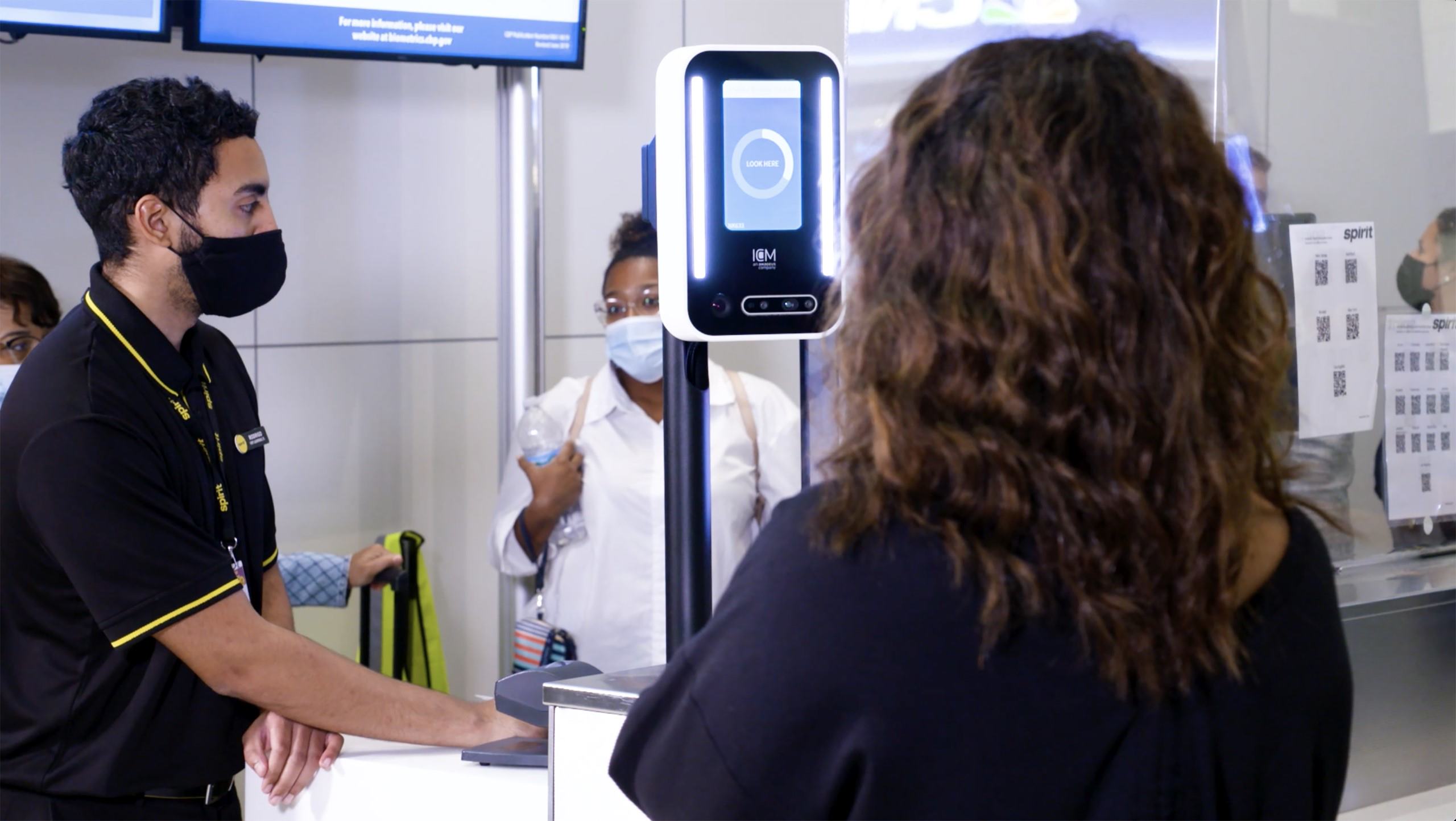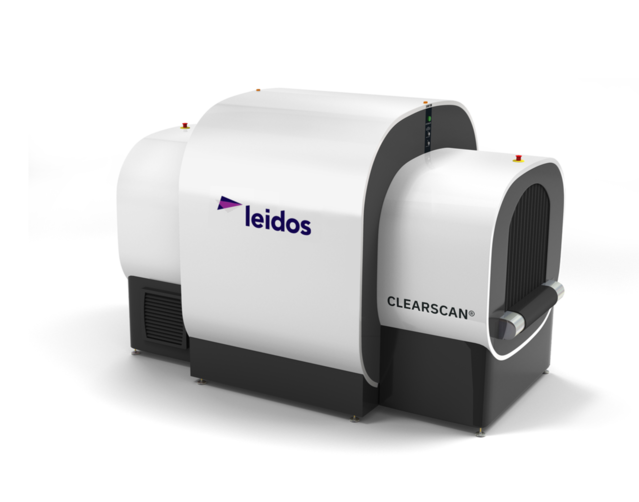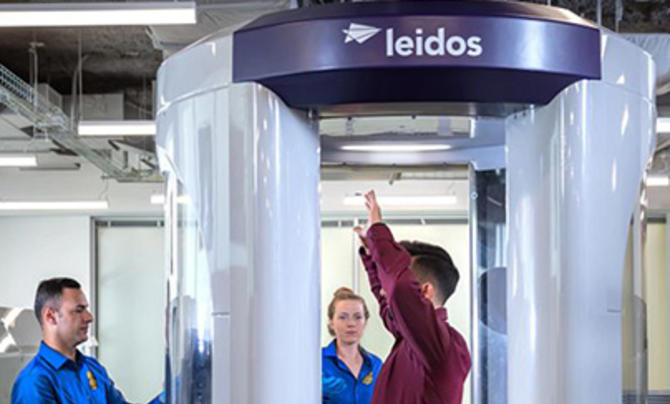How Computer Vision Is Making the Transport Sector More Efficient and Safe
Today’s transportation blog is guest authored by Andreas Nordgren, Leader, Business Development, Cisco Meraki.

As I travel by plane or train, there is often a frustration along the journey when crowds are forming. You end up spending a lot of your time standing in line waiting to be serviced or going through a checkpoint. But there is light in the tunnel and a lot of improvements have been made the last couple years with self-service kiosks, mobile apps, and other digital tools to make the traveling experience smoother. There is a now a constant evolution and the difference between the best experience and the worst experience seems to be wider than ever before. There are players in the transportation industry that have put a lot of effort into making transportation as seamless as possible while there are others that are left far behind.
Camera Technology for Security and Efficiency
The industry is showing significant interest in using the latest camera technology not only to make transportation hubs more secure, but also more efficient. With advancements in both edge computing and AI, cameras are capable of doing so much more than serving basic surveillance needs. Using people detection models, cameras are now used to monitor traffic flows, queues, serve times and congestions. The data output and insights generated from video analytics can be used to optimize staffing, capacity planning and schedules. Creating smart alerts can improve operations in the immediate term and understanding trends using data analysis serves the longer-term planning.
In the security space there are also great benefits of advanced computer vision. Cameras can be configured to detect passengers trespassing into restricted areas, or maintenance staff wearing protective equipment. Cisco Meraki is working with a large UK rail operator to detect left luggage, slips and falls as well as passengers being too close to the edge of the platform. All these types of detections from smart cameras improves the safety and security of passengers and staff without requiring someone to sit in front of a display monitor.
Advancements in Computer Vision
The ability to detect people and vehicles comes native as an in-built capability in the Meraki MV cameras, but we have realized that we cannot serve all the potential and valuable use cases in the transport sector by ourselves. With the revolutionary pace in computer vision and AI, we are therefore collaborating with several strong partners to solve our customers’ problems.
With MV Sense Custom CV (computer vision), we have opened up the possibility for partners and customers to directly deploy custom detection models on our cameras. Many customers, however, do not have in-house expertise in the field of machine learning. To overcome this, we have partnered with Cogniac to offer a platform for customers to build their own detection model. In a very simple way, and without any prior knowledge about AI, it is now possible to build highly advanced Machine Learning (ML) detection models in no time.
As an example of this, Meraki is working with a large maritime port where the customer wanted to understand the traffic of dangerous goods. Every truck carrying any hazardous load is marked with a sign and there are more than 50 different types. To ensure safety and security, it is important to keep track of these trucks and automating this with computer vision has huge efficiency gains. The customer can mark images with the most relevant signs and then the Cogniac platform is able to train an Artificial Intelligence (AI) model that does the detection for the port authorities.
Simplifying at Scale
As we see the possibilities and use cases with computer vision in the transport sector increase rapidly, it is important to think about scaling. A solution may work well in a test setup but can easily become a headache in a fully scaled out scenario. At Meraki, one of the core pillars is around simplifying complex technology and our cloud-managed architecture is particularly well suited when considering a scaled-out computer vision solution. Without the need for expensive edge servers the infrastructure becomes less costly to operate and maintain. As software is constantly evolving and machine learning models are updated, the cloud-managed solution is making upgrades and configurations easy using the Meraki Dashboard.
In the years to come, I am looking forward to a travel experience with less friction, increased safety and improved efficiency. To get there, do have a look at what our MV Camera analytics can do for you here: Smart Camera Video Analytics | Security Camera Video Intelligence | Cisco Meraki or visit Cisco’s portfolio for transportation to explore the use cases and architectures that are making a difference in transportation.
This article was originally published by Cisco.

